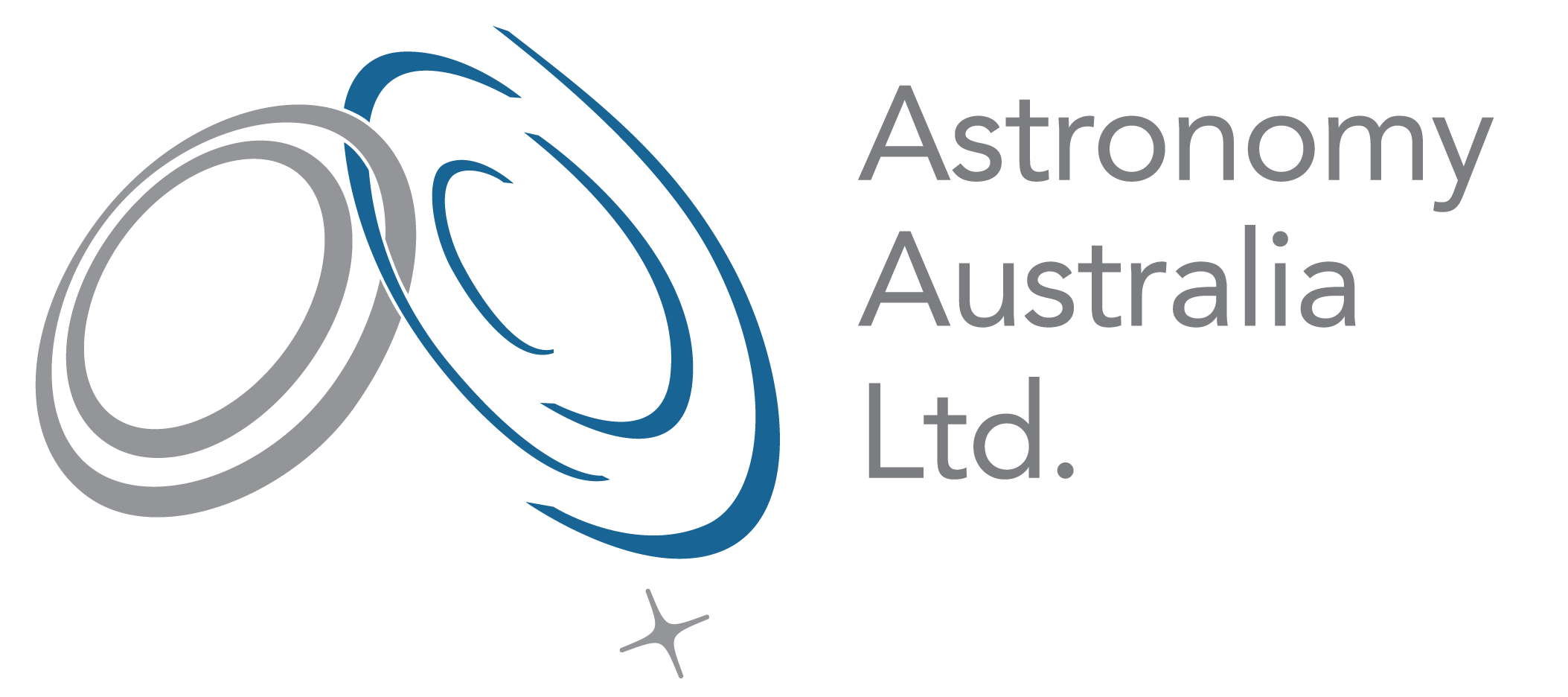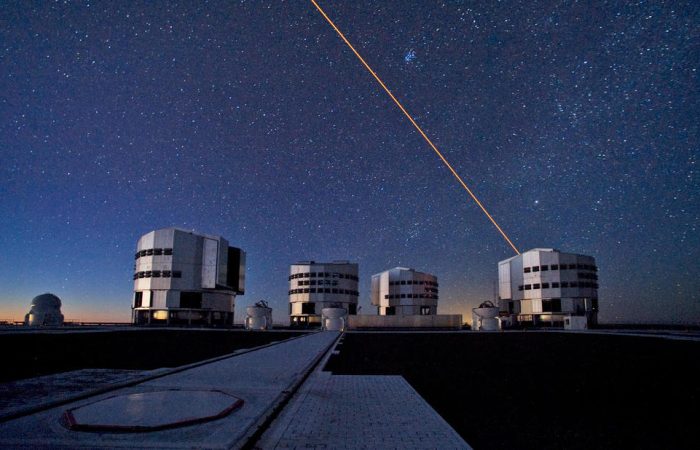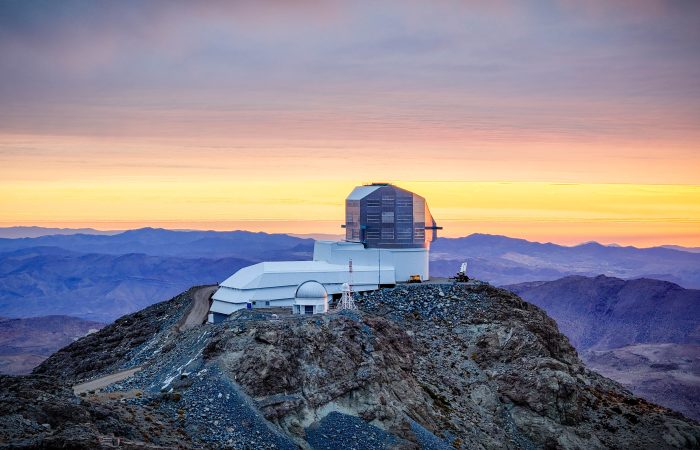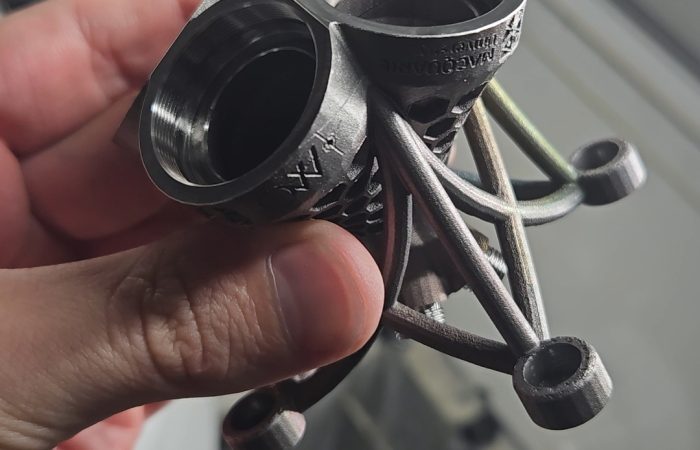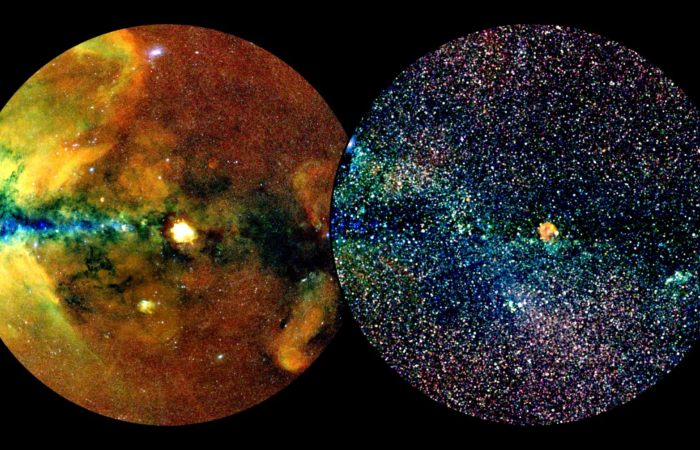Other AAL-supported projects with successes this past year include the Murchison Widefield Array (MWA). During the 2023/24 period, MWA celebrated a decade of operations, marking the significant occasion with a gathering of the global astronomy community at Curtin University, Perth, in July 2023. See more here.
AAL Operations
AAL executive and staff are based in Melbourne, Sydney and Canberra and have responsibility for: governance and oversight of the programs under AAL’s contractual arrangements; reporting to the Board on the status of projects and progress with AAL’s strategic objectives; and liaising with stakeholders including advisory committees, project leaders, AAL members and government departments.
Members
AAL is proud that it has member representatives from all institutions in Australia with a significant astronomy research program. In the 2023/24 financial year there were 15 institutional members of AAL. Each member organisation has a nominated representative who attends the Annual General Meeting (AGM), where Board Directors are elected. Member representatives are also consulted throughout the year on key astronomy infrastructure and investment decisions. To see a list of AAL representatives, please visit the “Member Institutions” page of this website.
Board
The independent, skills based AAL Board of Directors comprises seven individuals with expertise in astronomy, management and finance. The board is responsible for the overall governance and strategic direction of AAL. They make key decisions about projects based on the recommendations of advisory committees, their own considerable and diverse expertise, and with consideration of the priorities and recommendations in the Decadal Plan. To see current AAL Board members, please visit the “Board of Directors” page of this website. The names of the AAL Board members in office at any time during the 2023/24 period are listed below – click on the links to see a biography for each director:
Committees and External Representatives
AAL’s two advisory committees – the Science Advisory Committee (ASAC) and Project Oversight Committee (APOC) – continue to play an important role in ensuring the relevance and quality of AAL’s programs. Committee members are appointed to provide the relevant breadth of expertise, and an appropriate mix of gender, seniority and institutional diversity. AAL’s advisory committees provide strategic advice to the AAL Board in implementing the infrastructure priorities of the Decadal Plan, and support AAL in oversight of, and promoting improved outcomes for, AAL-funded projects. AAL also maintains a number of resource allocation committees, including two new groups – the Industry Engagement Advisory Committee and the Space Science Leads Committee. For more information, please visit the “AAL Committees” page of this website.
As well as these internally managed groups, AAL appoints astronomers to external boards and committees. AAL then provides support to these appointees to represent the interests of Australian astronomers nationally and internationally. For more information, please visit the “External Representatives” page of this website.
Equity, Diversity and Values
AAL has a long-standing commitment to equity and diversity. AAL’s employment philosophy is open and flexible, with a mix of full and part-time positions. It matches work modes with situations and needs, aiming to combine the best of office-based and virtual work, and having regard to the work/life balance and individual needs of AAL’s staff. With a responsibility for determining representation on a variety of external bodies related to astronomy, as well as membership of its advisory committees, AAL has a selection process for all these positions that addresses principles of inclusion and gender balance.
AAL’s values statement reflects AAL’s desire to consider the environment in its everyday operations while maintaining our existing emphasis on upholding respectful interactions with all people.
AAL endeavours to be an environmentally sustainable organisation built upon equity, diversity and mutual respect for its staff and stakeholders.
For more information, please visit the “Environmental, Social and Governance” page of this website.
